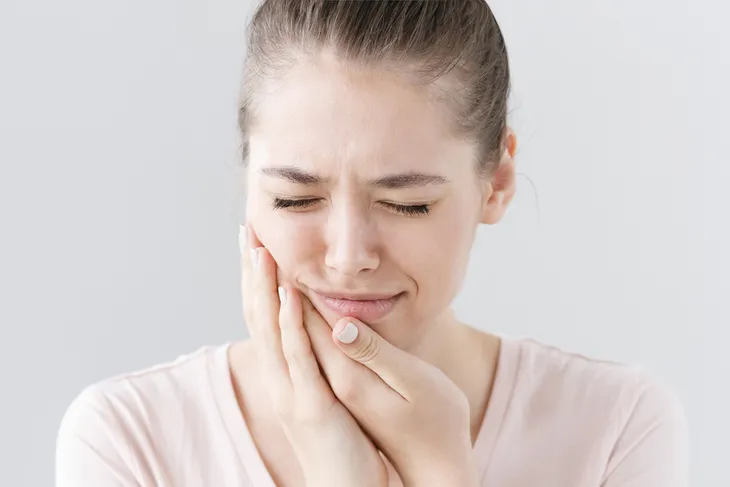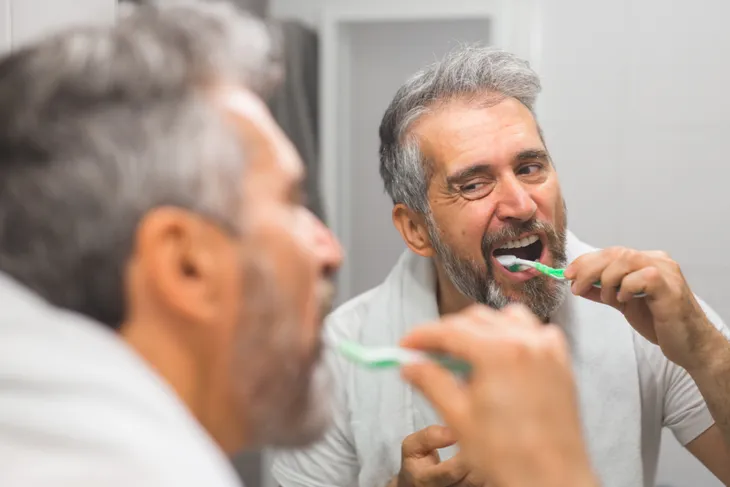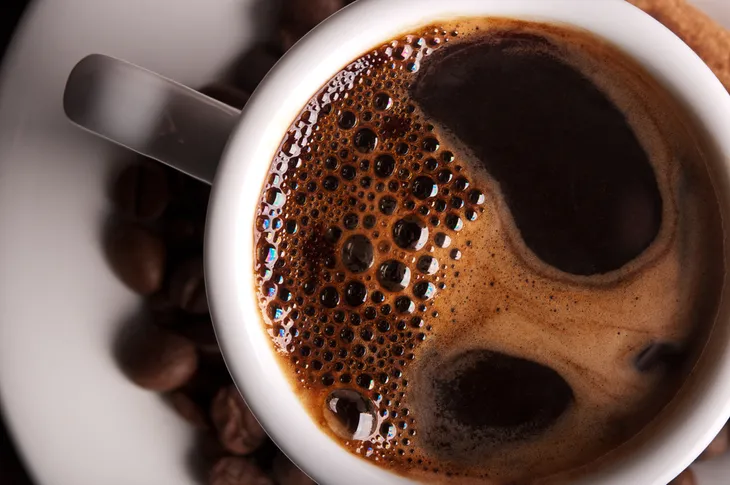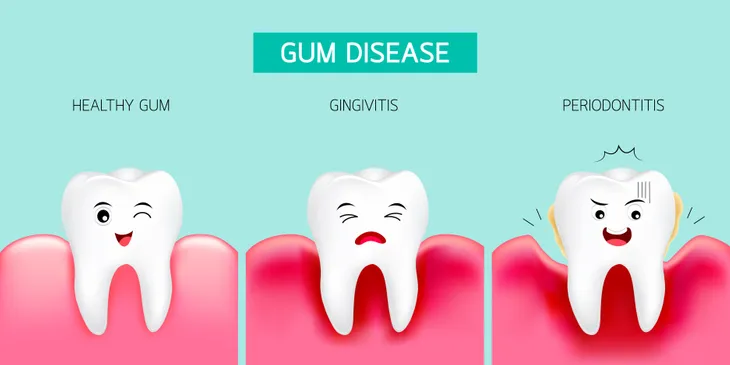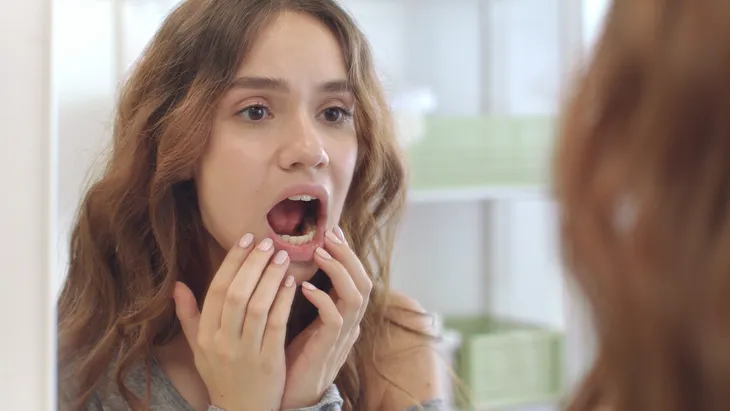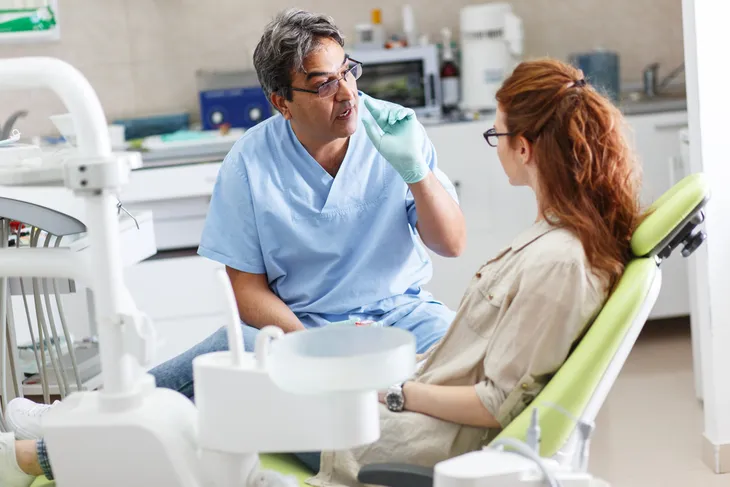- Many people experience sensitivity after a dental cleaning and it’s often caused by poking and prodding of scaling tools.
- Gum disease and gingivitis can also increase your risk of pain and sensitivity after a dental cleaning.
- The good news is the discomfort should be short-term and go away within a couple of days but if it persists, you should contact your dentist. A more serious underlying problem may be the cause.
Taking care of your oral health is a lot more important than most people realize. The Mayo Clinic explains that your mouth is an entry point to your digestive and respiratory tracts, and poor oral health can put your body at risk for bacterial infections that can cause disease. But despite knowing the importance, more than 100 million Americans don’t go for routine cleanings each year. So, why is this the case?
While some people avoid the dentist due to anxiety or phobias of the dentist, others may avoid it because they have sensitive teeth. If your teeth always feel sensitive after dental cleanings, know you’re not alone. In this article, we’ll find out why you experience pain and sensitivity after a dental cleaning plus a few tips to help you manage the discomfort.
What Causes Gum Sensitivity?
Some discomfort (or pain) after a dental cleaning is very common and the most common culprit is general tooth sensitivity. Luckily, the discomfort should be short-term and go away within a couple of days. But what causes sensitivity in the first place?
Discomfort can come from two places: the gums and/or the teeth. For starters, your gums may hurt after a dental cleaning because of the poking and prodding with the scaling tools. Having gingivitis or gum disease can also cause discomfort after a cleaning.
What Causes Tooth Sensitivity?
The teeth are prone to sensitivity for two reasons. First, Dentaly explains that the teeth are covered in “hundreds of tubules, or pores.” Your nerves are inside the tubules, which can become covered by a buildup of plaque and tartar. But when you get a cleaning, the plaque is removed, exposing the nerves.
The source explains that the second reason can be from a special sensitivity toothpaste. This type of toothpaste blocks the tubules and protects the exposed nerves but when you get a cleaning, the barrier is removed, once again exposing the nerves and increasing your risk of sensitivity.
Why Teeth Hurt After Deep Cleanings
If you have to go in for a deep cleaning or another dental procedure, the side effects may be worse compared to routine cleanings. This is because they often involve scaling and root planing, especially if you have gum disease.
Dentaly explains that patients are often given a local anesthetic for scaling but after the cleaning and once the anesthetic wears off, you may be left with soreness and pain. Essentially it’s the combination of tools and the extra pressure that contribute to the pain. But, you can find comfort in knowing that these procedures are necessary to maintain your oral health and keep gum disease at bay. Plus, the soreness is only temporary.
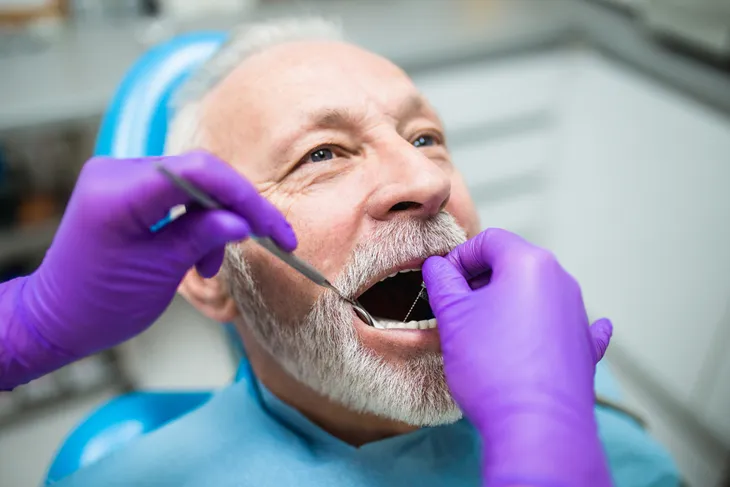 hedgehog94 / Shutterstock
hedgehog94 / ShutterstockPoor Brushing Habits
Poor brushing habits may also be the reason why your teeth are sensitive after a cleaning. Specifically, brushing with too much force. Though you may think you need to forcefully brush your teeth to keep them clean, this can actually cause wear and tear.
When you brush too hard, you can wear away the enamel which over time can lead to notches in the teeth and near the gums, explains Alta Dental. This can cause tooth sensitivity and in severe cases, it may require a filling to relieve the discomfort. The source also notes that aggressive brushing can also wear away the gums, causing gum recession. This can also contribute to tooth sensitivity.
Poor Oral Hygiene
Brushing too harshly isn’t the only culprit. Other poor oral hygiene habits can also cause tooth sensitivity, such as skipping daily brushing and flossing. When you don’t brush your teeth or floss properly, plaque and bacteria can build up. Over time this can lead to gum recession and sensitivity.
Pay attention to how long you brush your teeth too. A quick 30-second brush won’t do the trick. Alta Dental says it’s important to spend 2-minutes brushing your teeth each morning and night. Spend about 30-seconds on each quarter of your mouth and don’t forget to floss! After all, brushing can’t get all the surfaces but flossing can help clean the areas between your teeth.
Whitening Products
Most people want sparkly, white teeth but many whitening products come at a cost. Whitening strips and gels often contain a bleaching solution that whitens your teeth but this solution can “remove minerals within the enamel and cause the teeth to become temporarily porous,” explains the Brown Baran Family Dentistry. This exposes tubules within the teeth, causing sensitivity.
You also need to be mindful of whitening toothpaste. These types of toothpaste tend to be more abrasive which may lead to more tooth sensitivity. So it’s best to avoid them, especially right after a dental cleaning.
Diet
What you eat and drink can also increase your risk of tooth sensitivity after a dental cleaning. Cherry Wood Dental explains that if you’re prone to tooth sensitivity you may need to avoid or at least decrease your consumption of acidic foods. Foods high in acid can “cause the tooth enamel to erode, leading to exposure of the root,” the source explains.
Drinking hot or very cold beverages may also cause sensitivity. So be mindful of hot coffee and teas as well as beverages with ice.
Gum Disease
If you have gum disease, your gums will likely feel tender and swollen after a dental cleaning. This is because gum disease (also known as periodontitis) causes damage to the soft tissue. Left untreated it can destroy the bone that supports your teeth.
The Cleveland Clinic explains that this can expose “the root surface that leads directly to the nerve of the tooth.” It’s vital that you follow your treatment plan if you have gum disease.
Thinning Enamel
Sensodyne explains that tooth enamel is the hard, outer surface of the teeth. While it’s supposed to be a robust protectant for your teeth, it can gradually wear away or erode. When this happens, your nerves are more exposed, which can put you at risk for tooth sensitivity.
Thinning enamel can be caused by a variety of factors including brushing your teeth with too much force or erosion from acidic foods and drinks. Talk to your dentist to find out if your enamel is thinning.
When to Contact the Dentist
Although tooth sensitivity after a dental cleaning can be uncomfortable, it’s very common. However, normal sensitivity shouldn’t last longer than a week.
If you’re experiencing unusual pain or sensitivity a couple of weeks after your cleaning then you should contact your dentist right away. This could indicate that there is something more serious going on.
How to Prevent or Reduce Tooth Sensitivity After a Cleaning
If you’re prone to tooth sensitivity then it may be best to avoid food and beverages that can aggravate the sensitivity. Avoid drinking hot drinks like coffee and tea as well as acidic drinks (like citrus fruits), and alcohol before and after a dental cleaning.
Dentaly also suggests avoiding any whitening treatments (including whitening toothpaste, strips, or gels) after a dental cleaning. As we mentioned earlier, whitening treatments can make your teeth more sensitive so it’s best to wait until the sensitivity is gone.
How to Treat Tooth Sensitivity
If you suffer from regular tooth sensitivity you need to discuss it with your doctor. It’s important to rule out any serious causes like gum disease. The good news is general tooth sensitivity can be treated at home.
Your dentist may recommend new brushing techniques, such as not brushing too hard and switching to a soft toothbrush. A special sensitivity toothpaste may also help. Cherry Wood Dental also says a fluoride mouth rinse may also help treat tooth sensitivity because fluoride “can help remineralize and harden the surface of the teeth.”
How to Relieve Pain After a Dental Cleaning
If you’re experiencing pain after a dental cleaning, your dentist may recommend over-the-counter pain medication. If your gums are swollen and painful then your dentist may recommend a salt water rinse.
The Periodontal Health Center also says it’s important to not overexert yourself during healing. Allow your mouth a few days to relax and rest. This also means you should avoid hard, chewy, or crunchy foods until the pain has gone away and instead, opt for soft, nutrient-dense foods. Ramping up your oral hygiene routine is also important to help maintain healthy gums and teeth and prevent sensitivity at your next cleaning.

